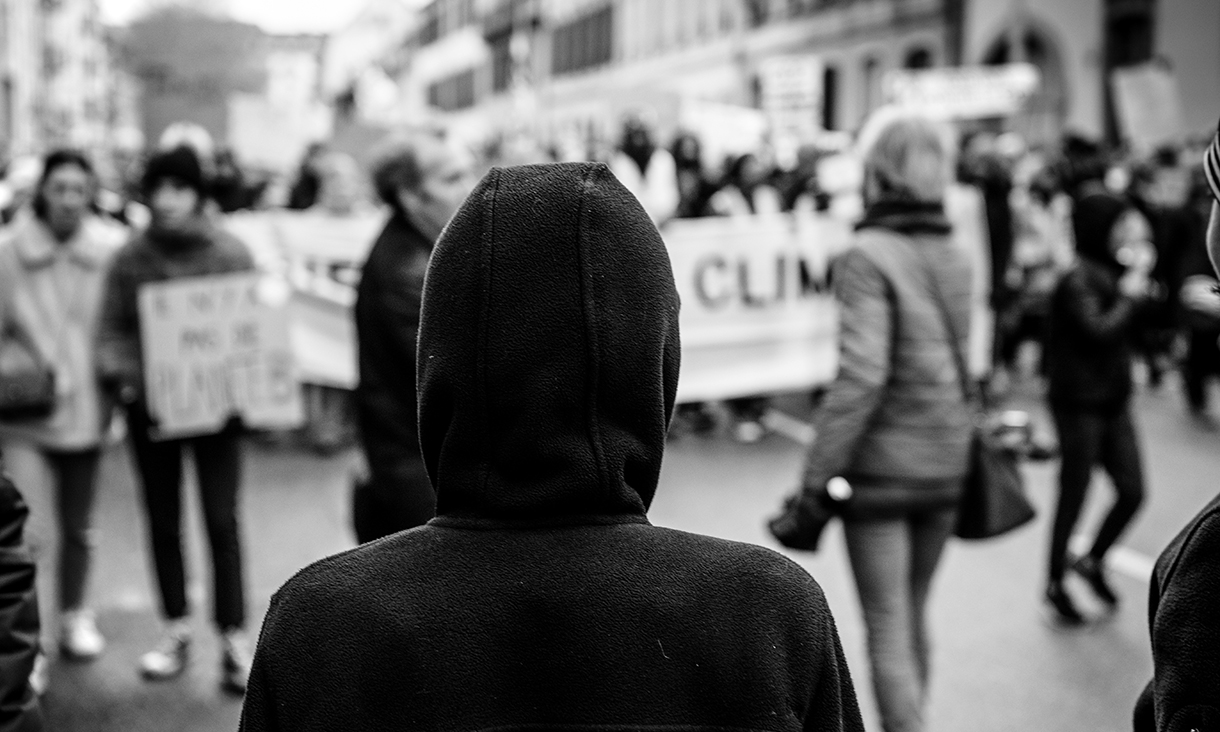Confirmed keynote speakers
- Patricia Hill Collins, Distinguished University Professor Emerita (University of Maryland)
- Professor Gary Foley, Professor of History (Moondani Balluk, Victoria University)
- Victoria Grieve-Williams, Adjunct Professor (RMIT University)
Driven by desires to dismantle entrenched power structures, populism and autocracy, and to save the Earth, people are beginning at the grassroots and connecting with activists internationally from #BlackLivesMatter to #ExtinctionRebellion to #IsupportStandingRock to #ReclaimtheNight and other Anti-Rape and Anti-Violence Against Women supporters, from the Arab Spring to #SOSBlakAustralia and other grassroots movements around the world.
We have married the lessons of women, Indigenous, black and gay liberation movements of the 60s and 70s with organising against racism and discrimination of the 80s and 90s with new models and tools of resistance in the digital age. Protests are now transformed by new technologies and social media, allowing people to assemble, share experiences and give voice to perspectives that would otherwise be excluded.
How do we make sense of these protest movements in the digital age and in relation to social change over time? This conference offers a chance for pause, reflection and critical engagement of this complex question. Papers, posters and panel proposals are invited on the following themes:
- Creative, storytelling and performative approaches to the analysis or presentation of protest cultures or forms of activism, ‘artivism’, ‘craftivism’ and other communities of practice (especially from the perspectives of exiles, minority and marginalised communities)
- Possible topics may include (but are not limited to): climate change, environmentalism, racism, discrimination, same-sex marriage, sexism, surveillance, exclusion, mental health issues, homelessness, cyber-bullying, violence against women, men, children or families, human rights, Indigenous rights, refugee rights, women’s rights, land rights
- How storytelling, song, voice, dance, music, art and other modes of performance amplify the voices of marginalised people through social movements and protest, and to what effect
- Non-violent resistance, symbolic protests, political non-cooperation, hunger strikes, civil disobedience or civil resistance (satyagraha)
- Media (documentary, film, video, audiovisual) and narrative representations of historically, socially, culturally, economically and politically disadvantaged groups and minority voices
- Innovations in protest practice to advance inclusion, share knowledge, change government policy, and engage wider local and global publics
- How identity-based activism (Indigenous, LGBTIQAx, elders, ethnicity, disability, migrants, refugees, youth, students, gender) engages political issues
- Challenges protesters face and the philosophies, tools and leadership strategies they adopt, reinvigorate or reject
- Contextualising and exploring the relationship and differences between social media protests today (YouTube, Skype, virtual private networks, hashtags, street and screen activism) and traditional protests in the pre-Internet age (sit-ins, wade-ins, lunch counter protests, pamphleteering, speaker shout downs and obstructions); what we can learn or unlearn from past social movements
- Collective action that combines politics with technology, activism in literature, visual activism, guerrilla activism, grassroots activism, culture jamming, vigils, boycotts
- Theories of participation, community engagement and the public sphere
- Insights into the nature of social change and its relationship to protest action
Conference targets
This conference aims to bring together academics/activists to explore all forms of protest action, issues, events, experiences and people (from scholars, organisers and grassroots activism) and from those writing from within or about the global South. We welcome presentations from those working on the overarching topic of Stories of Resistance, Survival and Social Change, over space and over time. That is, our focus is transnational and historical as well as contemporary. In particular, we invite theoretical and empirical contributions that reflect on one or more of the following questions:
- In what ways are we witnessing new kinds of ‘performance protest’? - music, song, dance, expressive, creative and bodily repertoires of resistance, cultural revitalisation, community outreach and empowerment
- Are there ‘safe spaces’ for protest and what forms do these spaces take both online and offline?
- What does it mean to be an ally for a cause? What do allies gain or risk losing? What are the limits and possibilities of ally work? How have minority voices worked with allies? What makes a valuable or authentic ally?
- How might we consider the ubiquitous protest sign ‘you cannot represent us’ that is now being brandished by waves of dissenters, non-conformists, resistance fighters and their allies around the world?
- What existing or new concepts allow us to observe and describe instances of social change in protest movements over time?
- How are digital tools being used to document protests and activism and how are these uses transformative and emancipatory, or undermined through policing, incarceration or surveillance?
- Why and how do everyday citizens without activist experience come to be mobilised, to stage protests or occupy public spaces, in order to grow their movements and catalyse social change?
Registration costs
Early bird registration: Waged $250; Students and unwaged $180 (Before 1 December 2019)
Late registration post 1 December 2019: Waged $300; Students and unwaged $220
Registration fee waivers will be offered at the discretion of the organisers to individuals facing financial hardship. Please indicate your interest for a registration fee waiver when submitting your abstract.
Opening Keynote Event Only on Monday 10th February 2020 at 6pm with Professor Patricia Hill Collins: $50 (included with registration).
Register here to attend opening keynote only
Applicants are invited to submit an abstract of max. 250 words and a short bio of max. 250 words by 1 October 2019.
Send abstracts, panel proposals and enquiries to: activism2020@gmail.com
Organising committee:
- Associate Professor Olivia Guntarik (RMIT University, School of Media and Communication, Digital Ethnography Research Centre, and Screen and Sound Cultures Research Group, Enabling Capability Platforms: Social Change; Design and Creative Practice; Urban Futures)
- Adjunct Professor Victoria Grieve-Williams (RMIT University)
- Ashleigh Bond, Project Manager (RMIT University)

